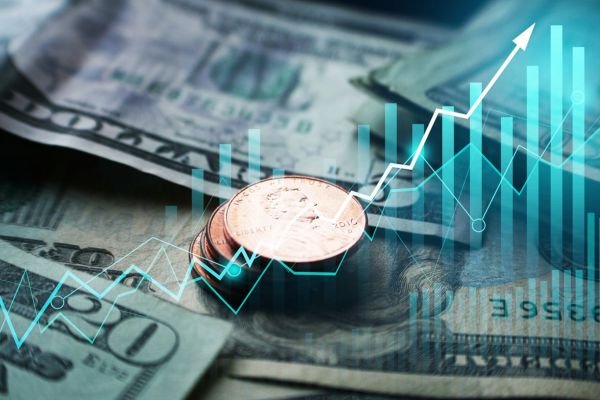The Hidden Role of Market Makers in Forex Trading and How They Influence Prices

Many traders enter Forex trading believing that prices are purely driven by supply and demand. While this is partially true, the reality is more complex. Behind every trade, there are liquidity providers, also known as market makers, who facilitate transactions and ensure that currency pairs remain tradable. These institutions play a crucial role in the forex ecosystem, but their influence on price movements, spreads, and execution quality often goes unnoticed by retail traders. Understanding how market makers operate can help traders make smarter decisions and navigate the market more effectively.
Who Are Market Makers in Forex Trading?
Market makers are financial institutions, large banks, or specialized firms that provide liquidity in Forex trading by quoting both bid and ask prices for currency pairs. Their goal is to ensure that there is always a buyer and a seller available, reducing price gaps and keeping the market moving. Without market makers, forex liquidity would dry up, making it difficult for traders to execute orders quickly and efficiently.
Some of the biggest market makers in forex include major banks like JPMorgan Chase, Goldman Sachs, and Citibank, as well as brokerage firms that facilitate trades for retail traders. These entities either take the opposite side of a trader’s position or pass orders to larger liquidity providers.
How Market Makers Influence Prices and Spreads
Market makers are responsible for setting bid (buy) and ask (sell) prices, meaning they essentially control the spread—the difference between the two prices. The spread represents their profit for providing liquidity, but it can also fluctuate based on market conditions.
During times of high volatility or low liquidity, market makers may widen the spread to manage their risk. This is why traders often experience increased trading costs during major news events or in less liquid currency pairs. Conversely, when liquidity is abundant, spreads tend to tighten, benefiting traders with lower transaction costs.
In Forex trading, understanding how spreads fluctuate can help traders avoid unnecessary costs. Choosing the right trading hours—such as the London and New York session overlap—can lead to tighter spreads and better trade execution.
Do Market Makers Trade Against Retail Traders?
One of the most common concerns in Forex trading is whether market makers trade against their clients. Since some brokers operate as market makers, they technically take the opposite side of a trader’s position. This has led to speculation that brokers manipulate prices to trigger stop losses or widen spreads at critical moments.
While unethical practices have occurred in the past, most reputable, regulated brokers operate fairly. They rely on a combination of internal risk management and external liquidity providers to balance their exposure. Traders can mitigate risks by choosing well-regulated brokers with transparent pricing models and tight spreads.
Market Makers vs. ECN Brokers: What’s the Difference?
Retail traders often wonder whether they should trade with a market maker or an Electronic Communication Network (ECN) broker. The key difference is that:
-
Market Makers provide liquidity by taking the opposite side of trades and controlling spreads.
-
ECN Brokers act as a bridge between traders and liquidity providers, offering raw spreads with direct market access.
Market makers are ideal for traders looking for fixed spreads and guaranteed liquidity, while ECN brokers are better for those who prefer raw pricing and deeper market access. Understanding the differences can help traders choose the best broker for their strategy.
How Traders Can Adapt to Market Maker Behavior
Since market makers influence pricing and liquidity, traders can adjust their strategies accordingly:
-
Trade during high-liquidity periods to take advantage of tighter spreads and better execution.
-
Avoid placing large stop losses too close to key levels, as price fluctuations can temporarily trigger stops.
-
Choose a broker with competitive spreads and clear execution policies to minimize trading costs.
By understanding the role of market makers in Forex trading, traders can make more informed decisions and avoid common pitfalls that affect execution and profitability.
Market makers are essential to Forex trading, providing liquidity and ensuring smooth transactions. While they influence spreads and pricing, they are not necessarily working against traders. Instead, their role is to facilitate trading by keeping the market liquid. By understanding how market makers operate, traders can optimize their strategies, reduce costs, and navigate the forex market with greater confidence.
What's Your Reaction?


















